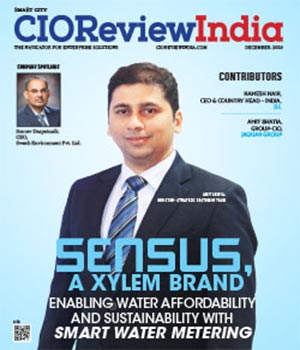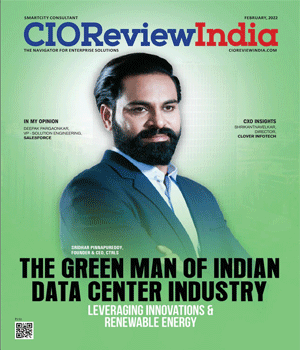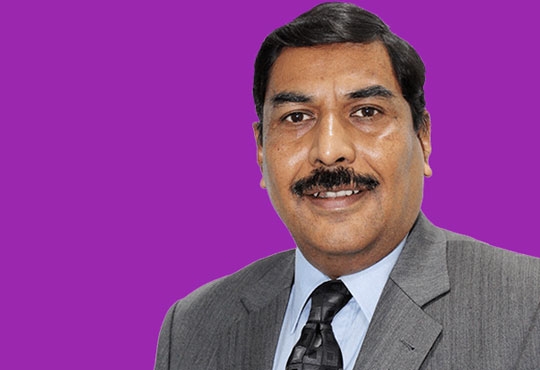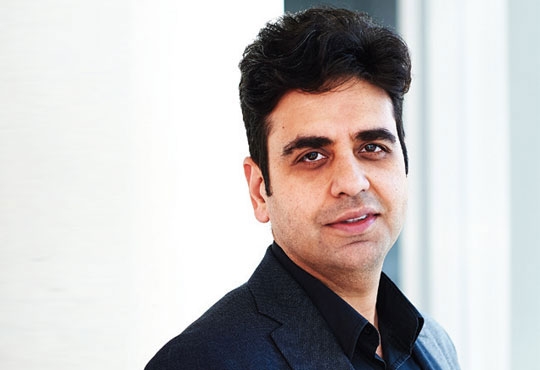
How IoT Is Making Transportation Industry Smarter
Sameer Mahapatra, VP&Country Head - India & SAARC, Aeris Communications
 With the world advancing towards the concept of adopting new technologies, the Internet of Things has undoubtedly become one of the key drivers for large businesses to grow. Already making noteworthy impact on various businesses, IoT is set to continue to steer innovation and development across the fleet management industry.
With the world advancing towards the concept of adopting new technologies, the Internet of Things has undoubtedly become one of the key drivers for large businesses to grow. Already making noteworthy impact on various businesses, IoT is set to continue to steer innovation and development across the fleet management industry.
The global trucking industry is undergoing sea changes. Older vehicles are being replaced with ‘smart trucks', using Internet of Things(IoT)technologies and cellular communications to transmit necessary information for management of today's fleet operations. By combining IoT with AI, Big Data, and Predictive Analytics, IoT has the power to revolutionize the fleet management industry.
Today, IoT is helping fleet owners understand their vehicle's performance better. The technology has made it easy for the owners to understand the relation between Man and the Machine with a lot more sophistication. It has also enabled them to develop and evolve relationships by having informed conversations with their customers, dealers, suppliers and deliver new, innovative value added services, such as, infotainment, user based insurance and even financing. Even small to large fleet operators are now investing in connected vehicles as telemetry has proven its mettle at improving both safety and security of movable assets, improve route planning, and optimize supply chain logistics, among many other benefits.
Real time data access
Do your drivers make redundant stops on their way for delivery? Do they keep the engine switched on for longer which results in wastage of fuel? These issues might not seem relevant in day to day work but when it is looked at from a business point of view, these little stop pages can cost a lot.
With high quality sensors connected in the vehicles, fleet owners can get all these real time information, which will help them optimize efficiencies and their business processes. For example, sensors can help the fleet manager get unprecedented levels of insight like unscheduled stoppages, real time location of their vehicle and the driver and even measure pressure levels of vehicle tires. Also, sensors installed in vehicles can help owners detect their driver's behavior, giving them information about driving quality, compliance with speed regulations, route adherence, acceleration and deceleration statistics, braking practices, and more. As a result, with the fleet management IoT solution, supervisors can leverage real time data to efficiently organize and direct the day-to-day operations of their fleet services.
Connected Mobility
With increased adoption of IoT in the automobile industry, fleet based activities will thrive to become more cutting-edge. Fleet yards/stations will be able to manage incoming and outgoing vehicles more proficiently and easily. As fleet management IoT solution permits proactive monitoring of all the sensors and later analyzes the collected data, there will be smoother fleet handling, as the data gathered will provide the indepth insights, critical for decision making.
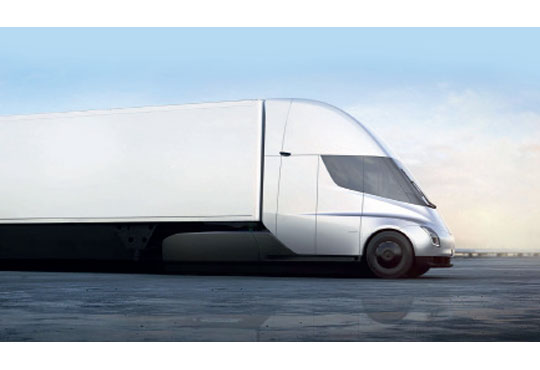
Connected fleets improves operational efficiency and less environmental impact
Connected trucks allows a more efficient, productive enterprise while simultaneously reducing environmental impact. With optimized routing feature, it decreases the fleets travel to the site which lowers fuel consumption, emissions and minimizes carbon footprint.
A sustainable fleet management strategy is one that aims to reduce environmental impacts through a combination of cleaner vehicles and fuels, fuel efficient operation and driving; and by reducing the amount of road traffic it generates. In doing so the fleet minimizes fuel and vehicle costs and improves the safety and the welfare of employees while reducing its exposure to the problems of congestion.
Access to Preventative Maintenance
Along with getting enhanced insight into driver's behavior, connectivity to every vehicle also lets the fleet owners monitor the health of the fleet. With real time alerts for services like low battery, coolant temperature, engine maintenance, inspection reminders and other factors, one can obtain the preventative measures to keep the vehicles running safely and smoothly for longer. Consequently, fleet owners and managers will gradually monitor these operational parameters and take instantaneous measures to predict mechanical problems before they even occur.
Choice of IoT Vendor:
India holds its own position in emerging as the next big frontier for connected automobiles. Also, statistics suggest that the India connected car market is projected to grow at a CAGR of 22.2 percent to reach $32.5 billion by 2025 from an estimated $9.8 billion in 2019. The future will witness more fleet owners manage and control their vehicles with IoT solutions, ensuring improved customer satisfaction, enhanced safety, and greater business efficiencies. Certainly, IoT is the future for the transportation industry, fleet owners will have numerous choices, but it is necessary that they opt for fleet options from an appropriate IoT vendor.
For an enterprise choosing an apt IoT vendor for their telematics solution which has the key responsibility of driving efficiency, growing new revenue streams and supporting innovations, three key factors need to be used as qualification:
*Scalability of the platform, ability to support both volume and consecutive transactions
*Reliability of the platform both from inconsistent data generation and security hacks
*Continuity and innovation, as a lot of fly by night SI's claim to be IoT providers. A borrowed platform, off the shelf device, a sales team, and an IoT company is launched. Organizations need qualified partners with existing experience, deep investments and clear future commitment.
CIO Viewpoint
Upcoming Technological Advancements in Payments...
By Pinak Chakraborty, CIO of Airtel Payments Bank
Shaping the Future of AI: Talent, Innovation,...
By Yann LeCun, Chief AI Scientist at Meta
Future of Smart Manufacturing: Integrating Tech...
By Mohammed Kaishulla, Chief information officer, EPACK Durable
CXO Insights
Self-Driving Cars Are Already Changing The...
By David Silver, Head of Self-Driving Cars, Udacity
A Modern ERP: An Important COG In Your Digital...
By ShrikantNavelkar, Director, Clover Infotech
A 3-Pronged Framework To Ensure Smooth...


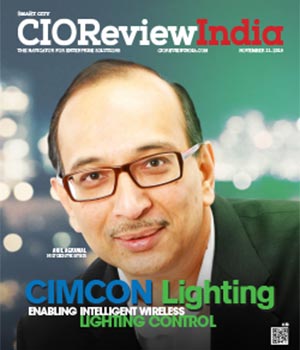
.jpg)
